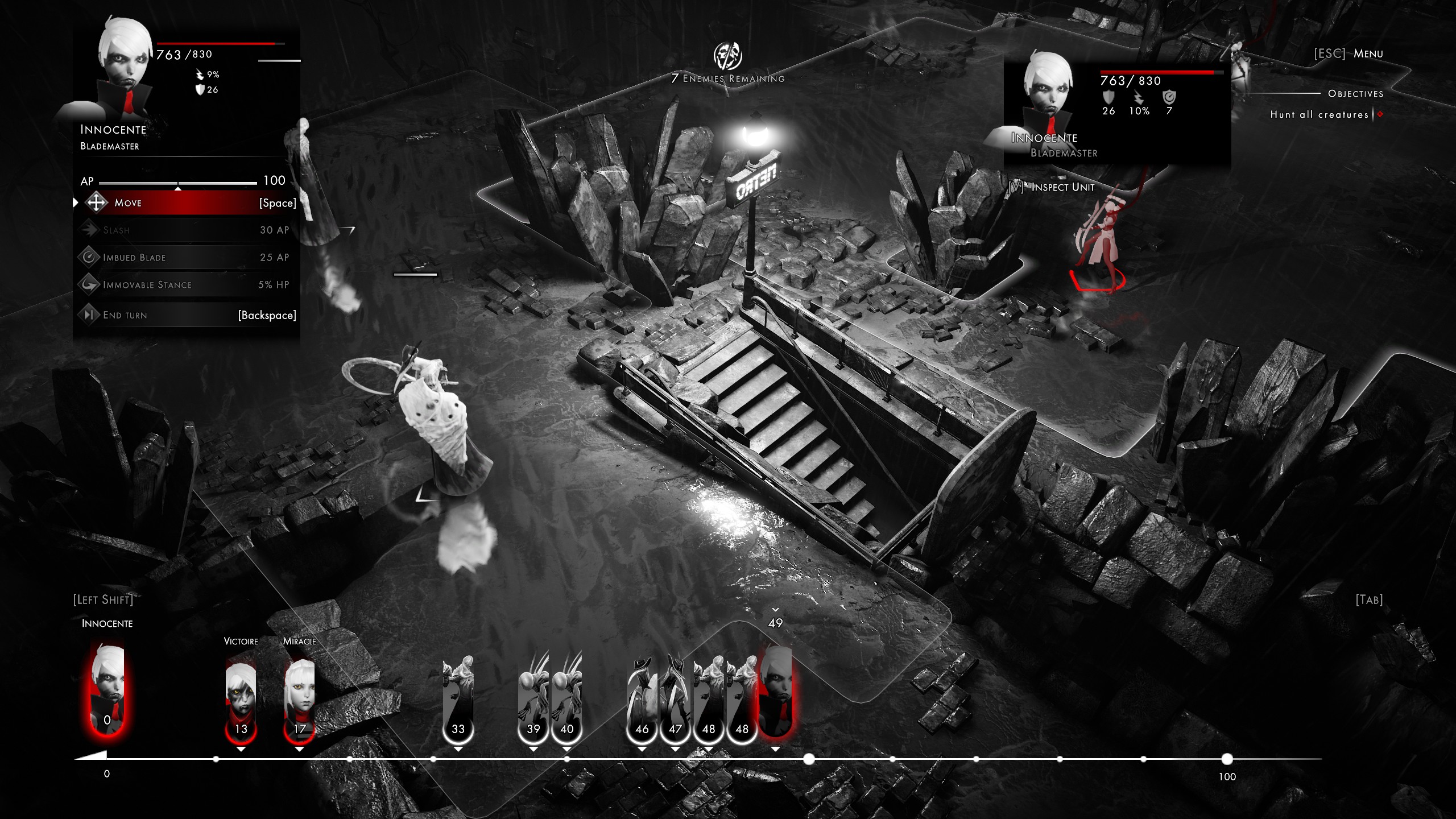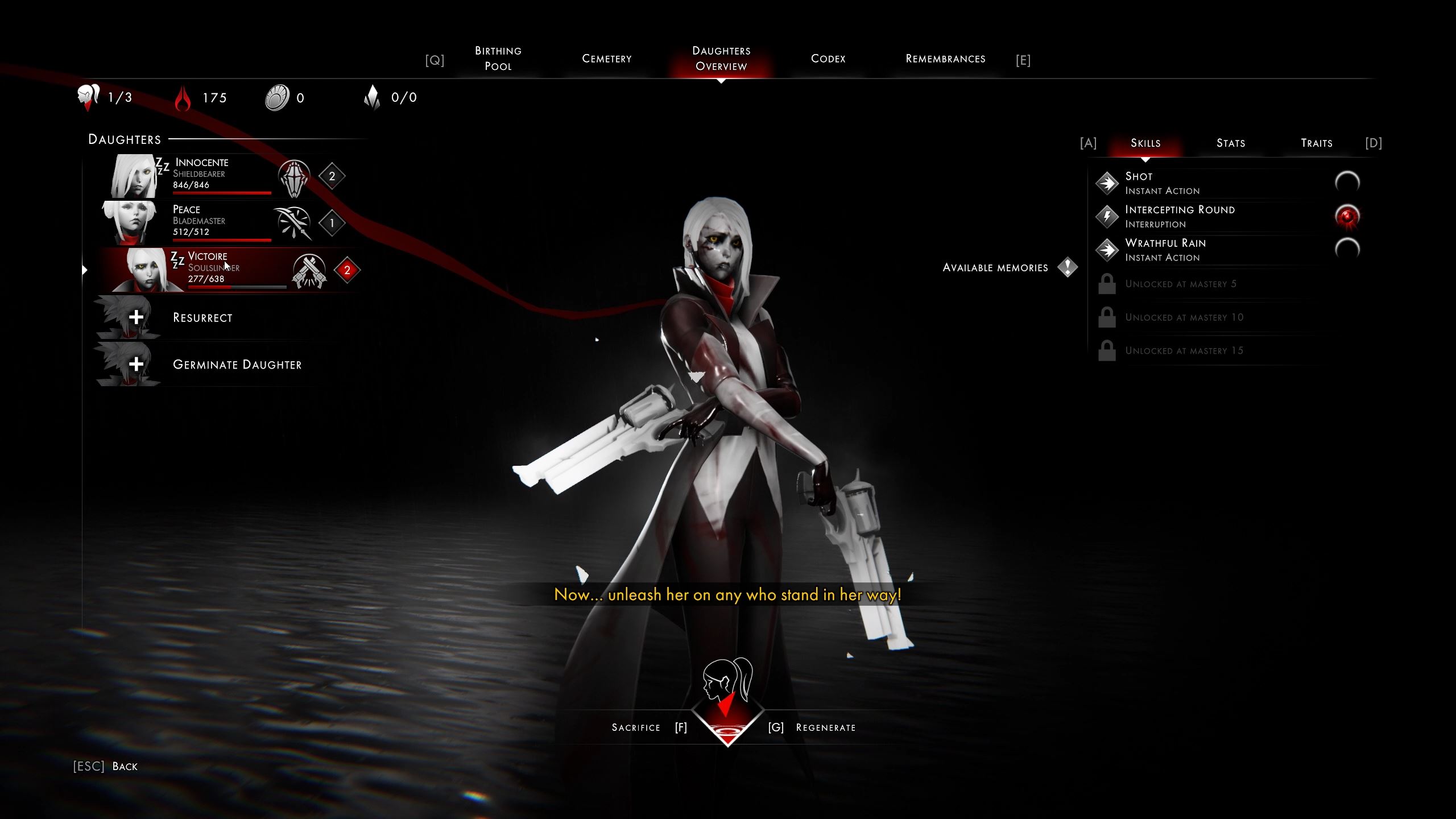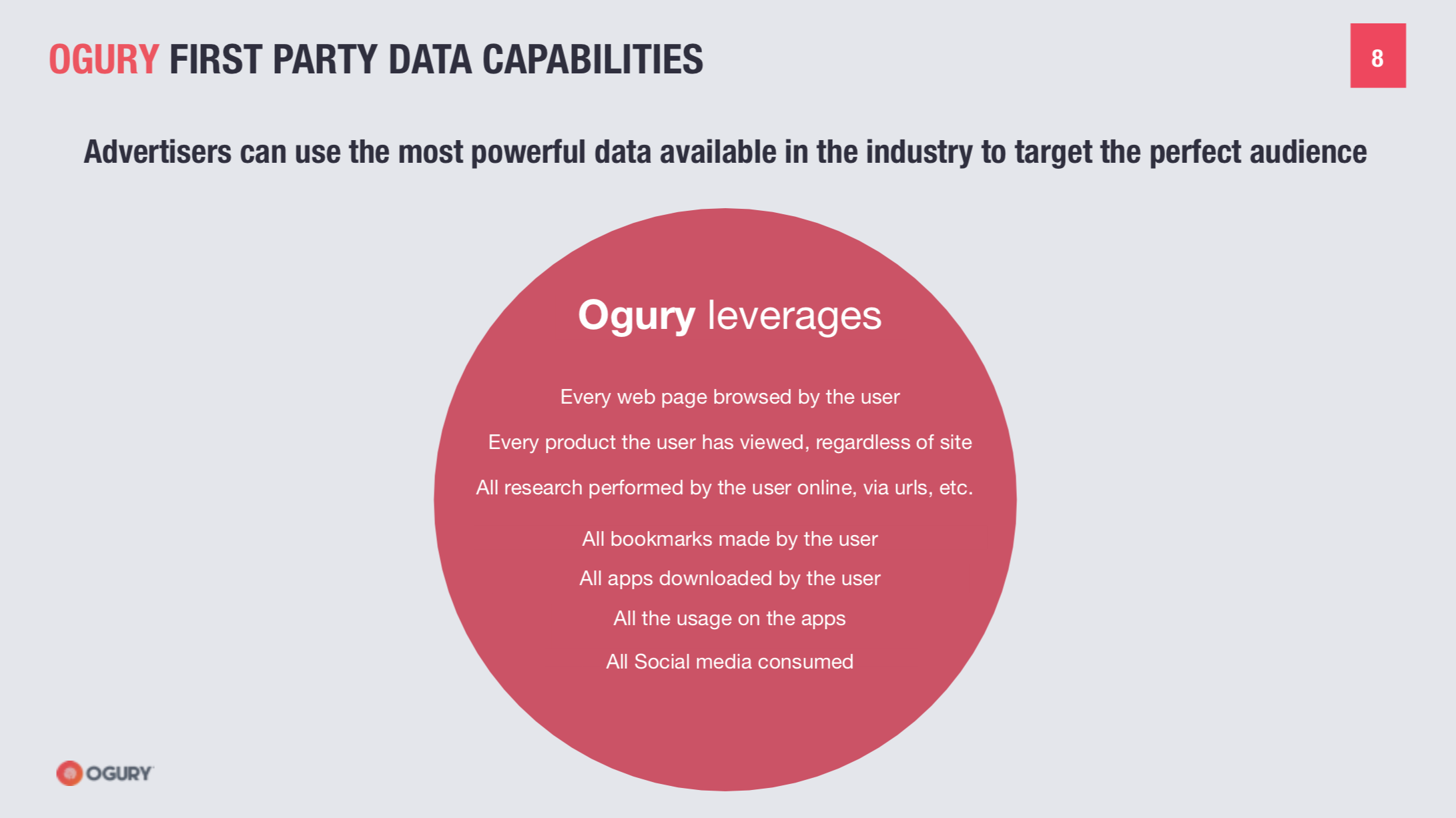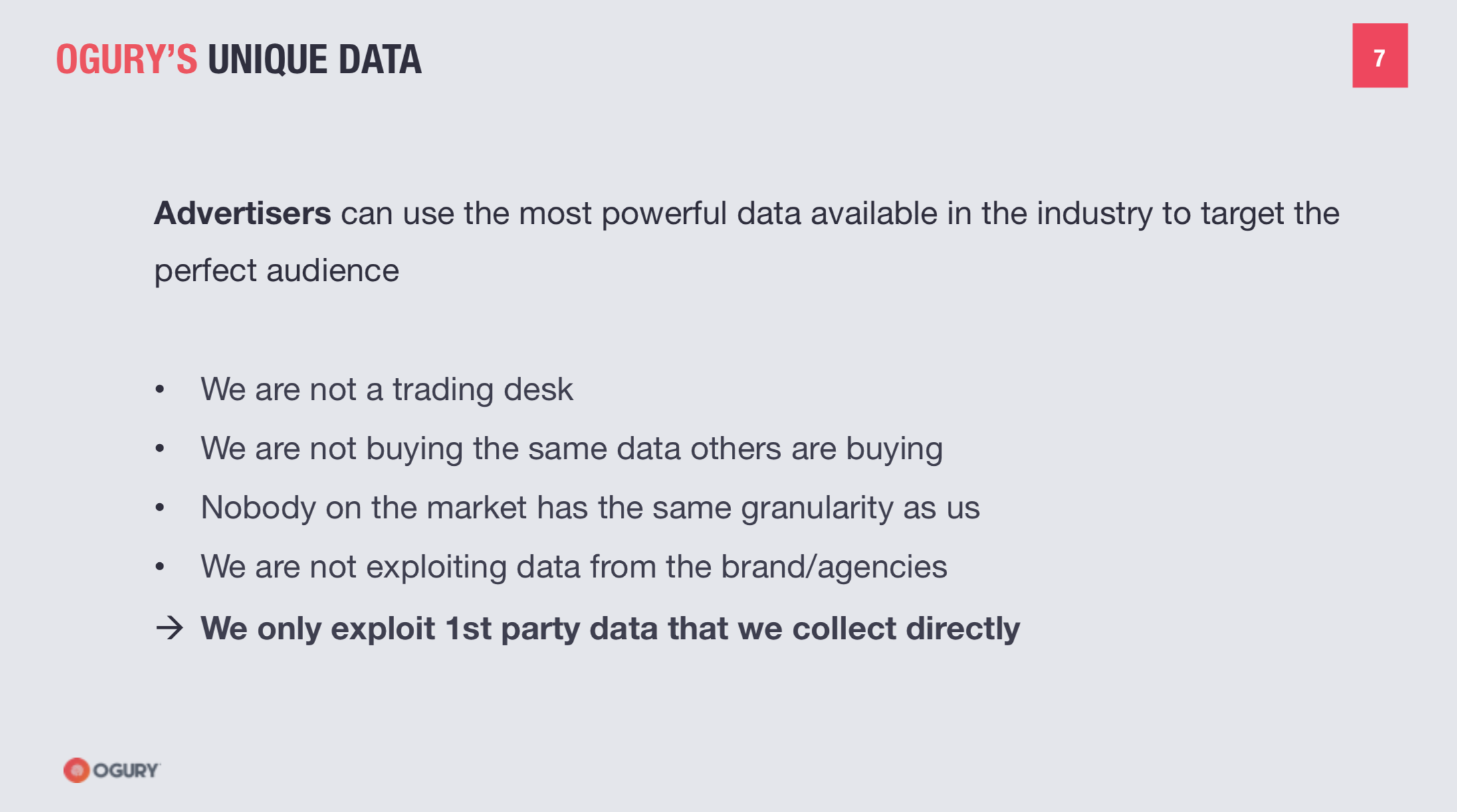Professional dom King Noire has experienced violence at the hands of police throughout his life. When he was 10 years old, cops shot and killed his friend's cousin, 16 year old Phillip Pannell. Later, when Noire was an older teen, they killed another friend, 24-year-old Jelani Manigault. Noire told me he's been beaten by the police himself on numerous occasions.
So when he first started his career in the adult world, he was adamant that there was one type of role he'd never take: a cop. "It's a complete fetishization of our pain and torment," he said.
At the peak of global protests against police brutality this summer after the police killings of Breonna Taylor and George Floyd—as images of protesters being teargassed and beaten by cops in riot gear flooded the news—something odd was happening on porn sites.
On xHamster, one of the biggest tube sites along with Pornhub and Xvideos, searches for terms like "cop," "police," and "jail" rose 39 percent in the U.S. and 25 percent worldwide between the first week of May and the first week of June. According to xHamster vice president Alex Hawkins, that surge has since died down, and interest in cop porn in general has been on the decline for the past five years.
What does it say about us, as porn-viewers and as a society, when eroticizing Black oppression is suddenly in demand at the height of awareness of systemic injustices Black people face? How did police-themed scenes become a common trope, and do they have a place in the future of porn?
A BRIEF DEFINITION OF COP PORN
First, let's establish what "cop porn" is. The most mainstream example might be the party stripper cop scenario, when a cop shows up at the door and, in porn scenes at least, it immediately leads to sex with that cop. In some ways, it's not that different from the old pizza delivery guy trope or horny plumber: Someone is there to do a job (in this case, strip for a bachelor party) and gets otherwise occupied.
Then there's your classic blue-uniform roleplay, where someone's getting arrested and the culprit has to do something — anything — to get out of the ticket. Border Patrol scenarios, which are more about race and often feature Latinx actors caught in the act of crossing the border, are in the cop porn category.
"Cop porn started off as a way to enjoy fetish without acknowledging fetish," Hawkins said. "Before 50 Shades of Grey made power-exchange dinner party conversation, cop porn was an easy way for viewers to enjoy that type of fantasy without having to cross the threshold into BDSM. Power exchange has entered more mainstream productions, so cop porn just doesn't have the cache it used to."
Even if it's in decline, however, police-themed porn is still popular. There are multiple highly popular police-themed channels on Pornhub, for example: the "Fake Cop" channel has more than 82 million video views. The "Screw the Cops" channel only has two videos, but more than 330,000 views. "Border Patrol Sex" has eight videos and nearly seven million views. On XVideos, the most-viewed cop porn video has more than 41 million views.
"In reality, life doesn't separate itself out like that. Fantasies and projections are how people navigate everything."
A lot of cop porn is lighthearted and downright goofy. The sort of "ma'am I'm here to arrest you... for being too sexy" sort of jokes that are present in much of porn. But finding these scenes as an easy avenue for goofiness and fun is a luxury that not every viewer can enjoy. If you've never been on the receiving end of police brutality, or raped by a cop while in custody, it would be a lot easier to get into scenes depicting those things.
Most entertainment—and porn especially, being so overtly fantasy and frequently campy—requires some suspension of disbelief. But suspending that disbelief is becoming harder in a world where it's becoming increasingly impossible to remain ignorant of the reality of rampant police brutality.
"Ignorance truly is bliss, but to continue consuming such porn after gaining knowledge makes you part of the problem," kink educator and professional dom Blaksyn told me.
HOW POPULAR IS COP PORN
Police roleplay in porn goes back as early as the mainstream commercial porn industry itself. The 1986 film Miami Spice starring Amber Lynn as an undercover cop is just one example. 1986's Flasher is about, well, a rogue flasher in Central Park, but the police role in this one only comes in the end, when actress Victoria Stanton, playing a cop, decides she's more open minded than her prudish detective partner.
Porn usually follows and reflects what's happening in culture, and while it's hard to say whether police porn in the 80s was motivated by events of the time, that does seem to be the case today—and data from porn viewership shows it.
"With so much news about police and policing these days, it's not surprising to see a sudden uptick in searches," Hawkins said. "In my experience viewers fantasize about what is already on their minds. They fantasize about the figures they fear or loathe and the figures they love in equal parts."
There are a few studios that have dedicated series and sites to the genre. Adult Time's "Girls Under Arrest" plainly lays out the core conceit of most cop porn in its description of the series:
"...rebellious teens getting caught and fucked to avoid charges or jail time...Be a part of the action as a dirty cop catches a teen girl with illegal drugs and fucks her for her release as her boyfriend waits in the car; or watch as a cop catches an escort in the act in a seedy motel and gets a freebie in exchange for her release."
Police taking sexual advantage, and raping, people in custody isn't just a porn fantasy. It's a legal loophole that exists, and keeps cops from being convicted of rape. Recently, with increased and vocal criticism of police violence around the world, more people are talking about the legal loophole that allows police in 35 states to have sex with their detainees. In 2018, two NYPD cops arrested and raped an 18 year old while she was handcuffed in their unmarked vehicle. The Brooklyn district attorney dropped those charges.
Voyeurism is repeated across many types of porn that would be considered societally taboo: everything from "caught masturbating" and "caught cheating" plots (like the one Ted Cruz famously tweeted) to "casting couch" scenes rely on a trope where the viewer is surreptitiously seeing something not meant for public consumption.
Some sites lean much farther into tropes of brutality and race than others, depicting plausible situations of police misconduct as fetish. FetishNetwork's "Operation Escort" series is about undercover cops doing stings by hiring sex workers, having sex with them, and then arresting them—something that actually happens in real life. "Latina Patrol," also by FetishNetwork, features a detainment, sex, and deportation theme.
Not all cop porn involves race. But based on the production effort these studios have gone to, and the extremes they've taken the trope—and considering that so many people were searching for it during the height of the Black Lives Matter protests— the racial aspect of a lot of cop porn appears to draw viewers. That spike in popularity is saying something about how we perceive the genre, eroticism of state violence—and how the industry typecasts BIPOC performers.
"It’s dangerous, naïve and wildly privileged to choose to divorce the reality of police brutality from detention porn as entertainment”
Managers and agents told King Noire he'd never succeed in the industry if he kept turning down roles that stereotyped him being Black. So he focused on becoming independent, starting his own studio and creating content on his terms.
In our phone conversation, Noire specifically brought up Black Patrol as an example of racist stereotyping in the industry—something the BIPOC Collective, of which he's a member, is working to change.
"Over the span of our entire existence as Black folks in this country, America has found different ways to justify how they treat us," he said. "It also plays on the other stereotype of Black and brown people being hyper-sexualized, as if we always want to fuck."
WHAT ATTRACTS PEOPLE TO COP PORN?
Like Noire, Blaksyn also said they never have and never will take a role playing a police officer or other figure of state authority. But the appeal of cop porn or other arrest and detention-themed porn, as they see it, is multifaceted.
"First, there is the attractiveness of power itself. Individuals are drawn to power as a result of their personal narrative. Power and privilege intersect, but understanding how they relate is subject to one's position in society," Blaksyn said. "In this case however, I think this allows people to confront the atrocities of the world in a digestible way. Those who have power enjoy these depictions vicariously. Those without power enjoy these scenarios as a result of the controlled and predictable environment, offering a chance to change one's narrative around power and consent."
In a 2016 Q&A published in the journal The Black Scholar, Ariane Cruz, assistant professor in the Department of Women’s, Gender, and Sexuality Studies at Penn State, addressed race play in a BDSM context. We don't need to separate race play into a "fringe" category within BDSM, she wrote, which sets it up to be seen as radical or extreme.
Cruz wrote that race play is a kind of performance that reveals the "mundane and everyday erotic currency" of race in contemporary American culture.
"I suggest that we extend the theoretic aperture of race play beyond its BDSM and pornography framework to illuminate the ways in which the violent pleasure of play of race is enacted in the larger venue of popular culture," she wrote.
A Black man in a confrontation with the cops could definitely be considered mundane in American culture. Violence, too, is often mundane. But eroticizing that encounter in porn invites the viewer to take pleasure in violence, specifically violence enacted by the state.
So why are people turned on by displays of state authority? Amber Jamilla Musser, professor of American Studies at the George Washington University and the author of Sensual Excess: Queer Femininity and Brown Jouissance, told me that some people have a psychological desire to connect with power as a way of expressing belonging to a larger structure—in this case, the state.
"What gets complicated in race play always is the fear that these fantasies and desires will not just stay in the porn studio (or bedroom), but that they actually articulate someone's subconscious desires for society," she said. But people still express a desire "to engage in fantasies that render them subservient," she said.
"What is happening in those cases can also be described as a desire to repeat reality with a difference," Musser said. "Instead of being pulled over resulting in pain, here it results in orgasms. What is pleasurable is the ability to repeat these scenarios with a difference that one controls. If reality is difficult because one doesn't have the option of control, these porn spaces allow viewers and performers alike to potentially explore these situations with a more favorable outcome."
At the same time, model and adult performer Jessa Jordan told me it's not possible to separate cop porn as entertainment from the realities of police brutality as it exists.
"It’s dangerous, naïve and wildly privileged to choose to divorce the reality of police brutality from detention porn as entertainment," Jordan said. "People will continue to be sexually attracted to and desire the fantasy of sex with cops because it’s more about the concept of an authority figure enacting control over them, being forced to the whims of someone else perceived as a superior or just succumbing to someone who has more physical force or strength. If the focus was more on those aspects instead of an inherent emphasis on racist, and often times classist, social norms, then maybe police porn could exist in a less problematic format, but it will continue to be problematic as we continue to live in a society that is terrorized by police and their various extended forms."
Blaksyn said that to ask if it's possible to separate cop porn that features police brutality from real-life state violence is to challenge the narratives of Black performers and consumers. "Being able to separate the two screams privilege and ultimately makes one complicit," they said. "I personally cannot separate the two.”
THE FUTURE OF POLICE IN PORN
The performers I spoke to expressed a hope that with the recent pushes to change the unfair treatment of models of color in the adult industry, genres that exploit their trauma will die off as well.
If there's one thing the porn world does best, it's responding with speed and precision to the desires of consumers. The reason this genre is in decline is likely because people got bored with it and stopped seeking it out as much, so studios stopped spending the time and money to make it.
Hawkins noted that the decline in interest in police-themed porn scenarios could be a matter of investment: Filming a scene with convincing uniforms, scripts, police cruisers, and dedicated sets for jails require a budget. At a time when viewers are just as eager to watch candid, unscripted experiential porn or connect with a cam model, it's likely just not worth it.
It's also possible that over the years, as more stories of violence at the hands of the police are uncovered as commonplace, the fantasies of "good cops" and "bad apples" have been exposed as just that: unrealistic fantasies that mask the reality oppressed communities face. Unless performers and directors are willing to push the trope to the absolute extreme, as Black Patrol does, consumers get bored and the content gets pushed down by tube site algorithms.
Noire believes that the way forward is for BIPOC performers to take control of their own content as he did early in his career, and choose to work with—and watch—content made by studios that don't put people into racist categories or scenarios.
"We're in an age right now where a lot of these studios, the reason that they're trying to be as extreme as possible is because they feel their grip [on the market] loosening," he said.
"There isn’t a place for scenes with racist themes in modern or future pornography—companies that make it just need to catch up with the rest of us and start getting more creative and inclusive with their screenwriting," Jordan said. "That includes employing more Black and non-white passing POC as screenwriters, producers and directors because these scenes often reduce non-white characters to stereotypes and caricatures. Give us the ability to tell our own stories and show our sexuality authentically."
The answer might not be to ban all porn eroticizing state violence or shun it as irredeemable. But viewers need more literacy about BIPOC sex workers' experiences with police, and a willingness to interrogate why they're turned on by eroticized, glamorized scenes of real-life violence.
"I think there is a cultural desire for pure objects, that we can say that something is ONLY entertainment or that something is completely unproblematic," Musser said. "In reality, life doesn't separate itself out like that. Fantasies and projections are how people navigate everything."
Framing the existence of cop porn as whether or not it should exist raises all of these questions about how porn and fantasy carry into our lives, Musser said. "This is a broader question about where pornography resides culturally—can it ever just be entertainment? But then is anything?"
from VICE https://ift.tt/339jtql
via
cheap web hosting















